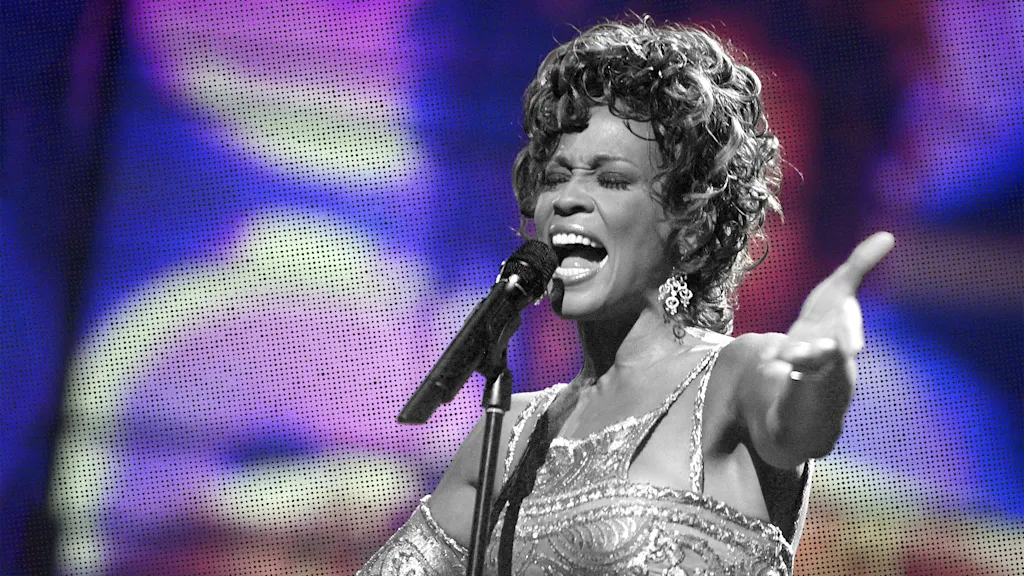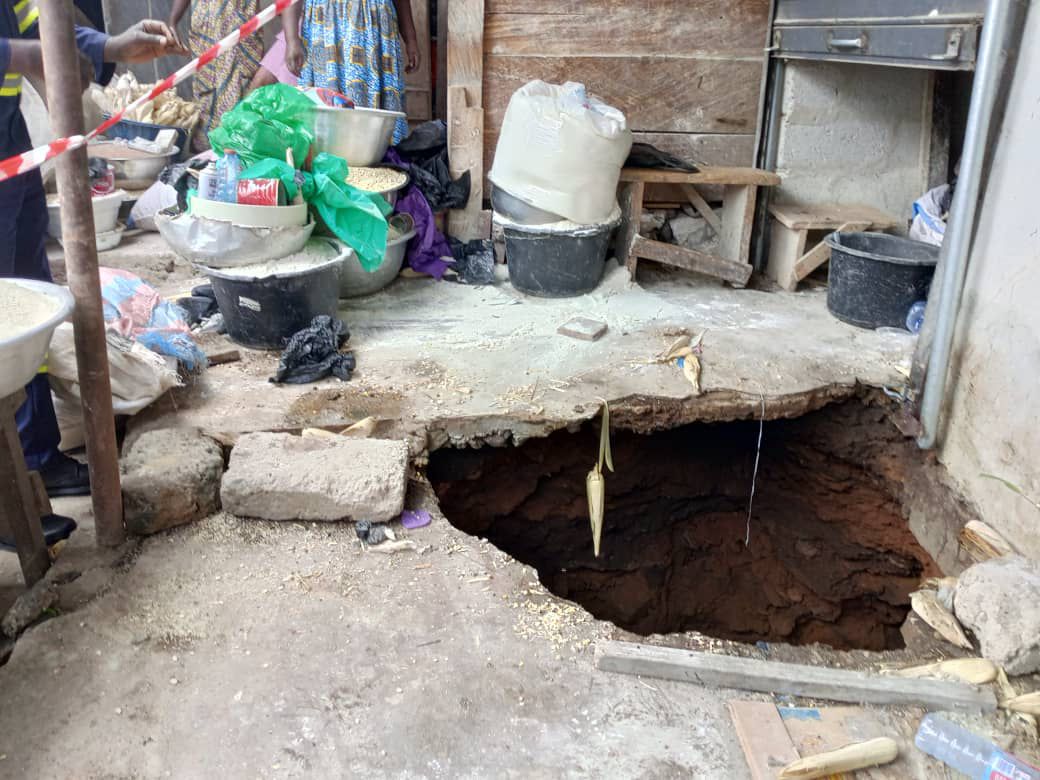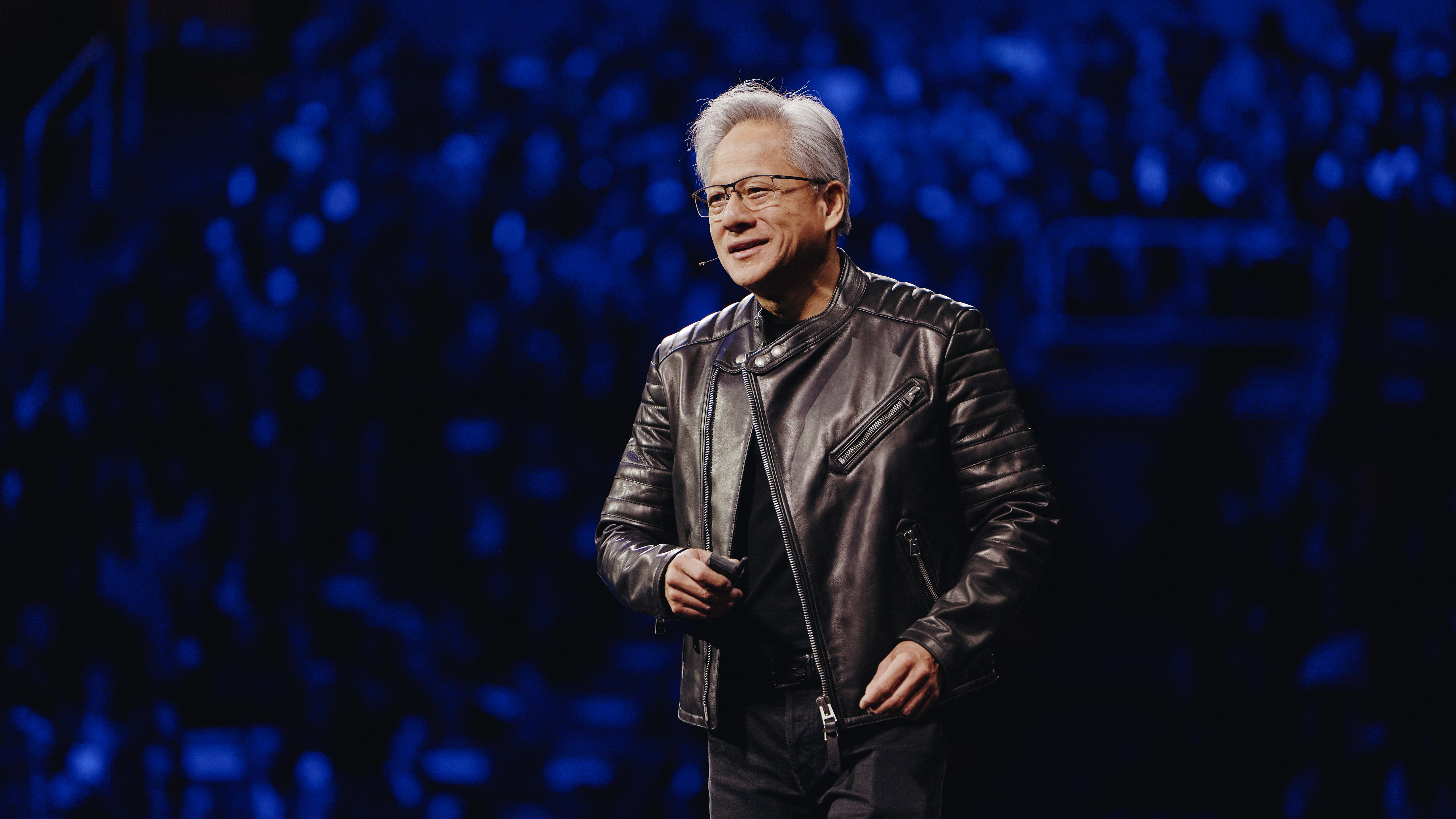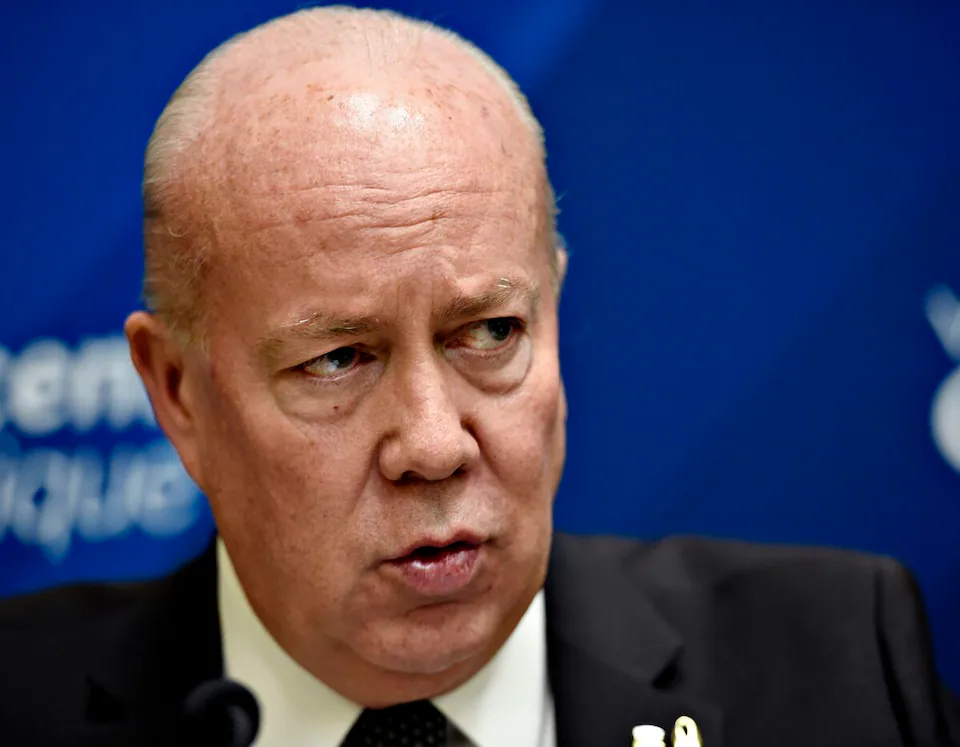
When Whitney Houston died in 2012, she was just 48 years old. Now, 13 years later, one of the most iconic voices in music is making a return. And, as you might expect, artificial intelligence is involved.
A concert experience, called The Voice of Whitney: A Symphonic Celebration—blending isolated vocal tracks, video performance footage, and a live symphony orchestra—opens a limited series of shows across the country starting September 20. While the estates of other artists who have died have had similar tribute shows before, in Houston’s case, it wasn’t just a matter of putting together footage and tracks.
Many of the original multitrack recordings of Houston’s music (those that combine vocals, instruments, drums, etc.) had been lost. Park Avenue Artists, which is collaborating with Houston’s estate to produce the shows, tapped Moises, an AI-powered music platform, to assist. That company’s AI is designed to isolate vocals and instruments from songs in near-studio quality.
“This project demanded exceptionally high-caliber stem separation,” Moises cofounder and CEO Geraldo Ramos said in a statement. “We had to isolate Whitney’s vocals from fully mixed recordings without compromising the emotional power of her performance. A concert like this simply wouldn’t have been possible five years ago.”
The concert tour is timed to honor the 40th anniversary of Houston’s career launch (her self-titled debut album was released in February 1985). The show previewed in Nashville in June; now it heads to seven other cities.
September 20 and 21: with the Cincinnati Pops Orchestra, Cincinnati Music Hall
October 11: Wilson Center at Cape Fear Community College, Wilmington, North Carolina
October 25: Bank of America Performing Arts Center, Thousand Oaks, California
November 8: Palladium at Allied Solutions Center, Carmel, Indiana
November 15: Genesee Theatre, Waukegan, Illinois
November 21: McCallum Theatre, Palm Desert, California
November 22: Mesa Arts Center, Mesa, Arizona
Fans can expect to hear “I Wanna Dance With Somebody (Who Loves Me),” “I Will Always Love You,” “Higher Love,” and other Houston classics.
Moises has developed 45 proprietary AI models, which it says can process 2.5 million minutes of audio daily. The company’s app has proven popular with musicians, and its team members have worked at Spotify, Pandora, and TikTok, among other music-centric businesses. This may not be the company’s last work with a so-called legacy artist tour, either. Other collaborations with Park Avenue Artists are underway.
“This project demonstrates how legacy artists and their estates can create meaningful experiences for music lovers through the thoughtful use of AI technology,” said Ross Michaels, copresident of Park Avenue Artists. “The Voice of Whitney is the first of several planned collaborations that will use AI to illuminate new dimensions of an artist’s work. It’s a powerful example of how AI can honor artists’ legacies while enriching the audience experience in beautiful and respectful ways.”
This isn’t the first time Houston’s estate has signed off on a posthumous tour. In 2020, right before the pandemic virtually shut down the world, a tour kicked off featuring a hologram of Houston performing her greatest hits accompanied by a live band.
That production was overseen by Base Hologram, which has a proven track record of bringing legacy acts back to life, with successful concert tours of Roy Orbison, Buddy Holly, and opera diva Maria Callas.
The practice of posthumous performances has been a controversial one for years. Most artists did not have a say in the matter. Then again, they also generally did not have a say in unreleased music being unearthed years after their death. Despite the debate, the shows have largely gone on, and are seemingly becoming more prevalent.



